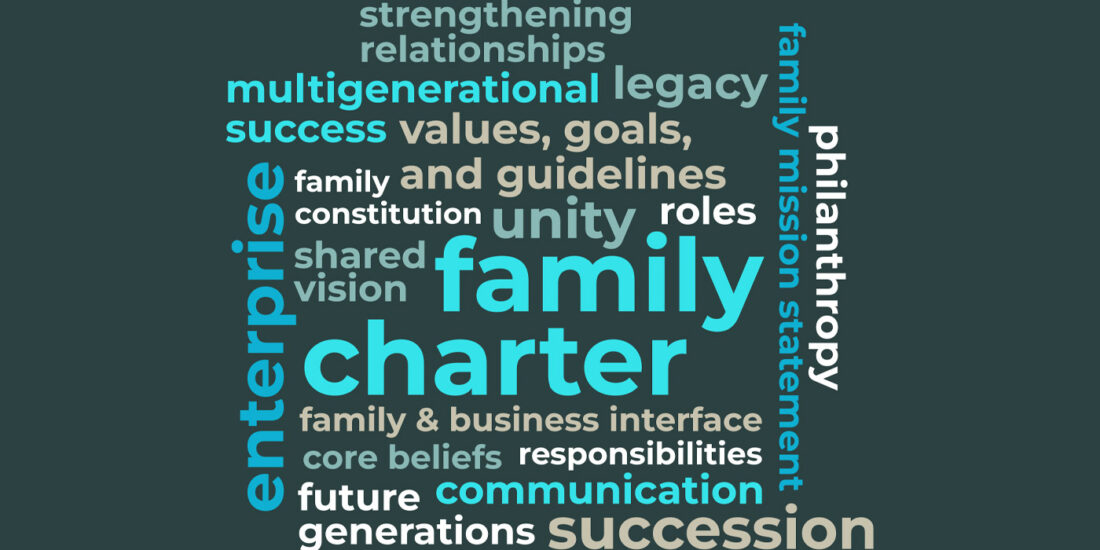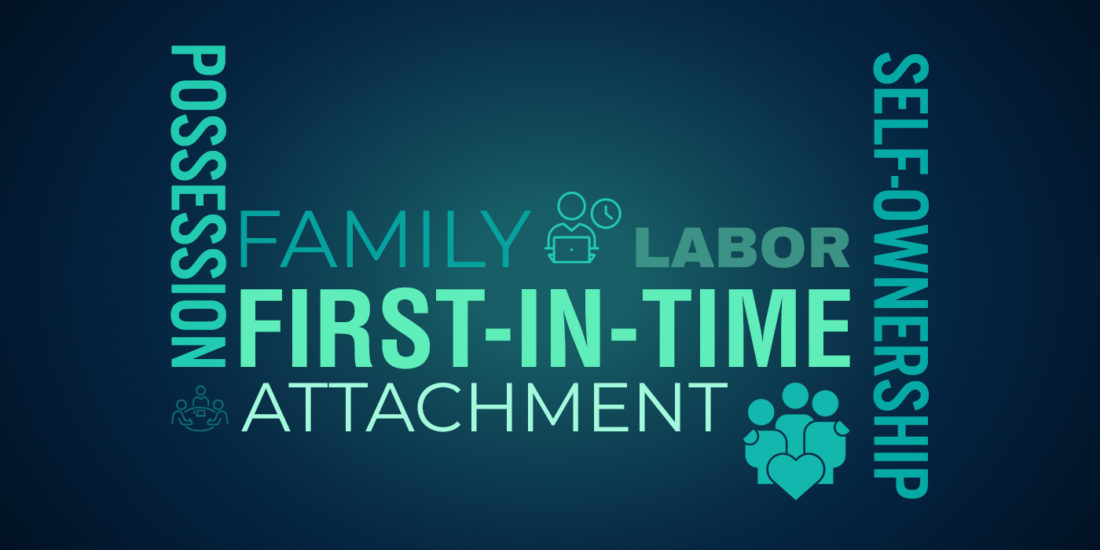
Family & Business Interface
Thoughts and ideas on the appropriate interfaces between the family and the company and/or how the family organizes for governing itself in addition to its interface with the governance structure of the company.
Performance Evaluation as a Cornerstone of Professionalization in Family Businesses
Performance evaluation in family enterprises is more than a human resources process—it is central to fairness, accountability, and leadership credibility.
How to Manage Pace of Change So It Doesn’t Manage You
Change initiatives in enterprising families rarely fail because of bad ideas or lack of commitment.
Exiting the Family Business Is as Tricky as Leaving Your Lover
Thank you to FFI Fellow Patricia Annino, member of the 2025 Conference Program Committee, for this article about the many complexities to consider when a client wants to leave a family enterprise.
The Family Playbook: Preparing for the First Outside CEO
In this week’s edition of FFI Practitioner, Phelps Wood and Bill Stranberg highlight strategies for family enterprise advisors to consider when client families first bring a non-family executive into the business as CEO.
Family Office Compensation Considerations: An Introduction to the Lawyer’s Perspective on Incentivizing and Compensating Key Leadership of a Family Office
Thank you to William J. Kambas, David Guin, and Elliot Katz for this article, which provides a high-level introduction to the complex topic of compensation and incentive systems for family office leadership.
Cousins in Charge: Managing Conflicts and Driving Success in Multi-Generational Family Enterprises
Family enterprise advisors play a crucial role in guiding their clients through an ownership transition from a sibling partnership to a cousin consortium.
Arcs of Transformation in a Family Enterprise: Balancing Structure and Culture
Thank you to FFI Asian Circle Virtual Study Group member Christian Stewart, FFI Fellow, and co-author Matthew Flynn, ACFBA/ACFWA, for their article that explores how advisors can balance their work with family enterprises to address both the governance structures and the family culture.
Family Charters: Strengthening Bonds and Building Legacy
Thank you to this week’s contributor, Sally Woodford, for her article exploring the many ways a family charter can help provide family enterprise clients with a foundation to strengthen family unity and sustain multigenerational success.
Future-Ready Shareholders Agreements to Help Family Enterprises Navigate Turbulent Times
In today’s turbulent world, family enterprise owners must become more agile to keep up with increasing rate of change.
When the Survival of the Family Enterprise Depends on the Owners Going Their Own Way
This week, FFI Practitioner is pleased to share an article by Vlad Barbieri and Fernanda Brasil about how advisors can approach a challenging scenario: when a family enterprise client determines that the best course of action is for the owners to separate.
How Does an Aging Society Disrupt Enterprising Families? An interview with Maria Sinanis
This week’s FFI Practitioner podcast, which continues our series of interviews from the FFI Global Conference speakers, is a conversation with Maria Sinanis of Cambridge Family Enterprise Group.
Commentary #1 on The Governance Marathon: A research report sponsored by the FFI 2086 Society
This week, we are pleased to share a commentary about the recently released report sponsored by the FFI 2086 Society titled, “The Governance Marathon: Dynamic Durability in Entrepreneurial Families amid Disruptions.”
What Contributes to a Resilient Family Business Owner?
Thank you to this week’s contributor, Eva Wathén, for her article examining factors that contribute to family business owners’ resilience.
Advice from Non-Family Executives: Conversation starters
Non-family executives play an important role in a family enterprise – they bring valuable external professional experience to the business and have a unique vantage point of the enterprising family’s dynamics.
A Strong Owners Team: An asset for the family business
This week’s edition kicks off a series of articles by presenters at the in-person 2021 FFI Global Conference, October 21-22.
Governing What is Mine, Yours, and Ours
Thanks to this week’s contributor, FFI Fellow and founding member of FFI, Ernesto Poza, for this thought piece on the many facets of ownership in family enterprises and how effective governance can help to clarify these complex dynamics.
Ownership Strategy: The foundation of every family business
Thank you to FFI Fellow Ed van de Vijver for this week’s article on the importance of developing a family enterprise ownership strategy that is aligned with the family financiers’ objectives.
From Safety, Through Sustainability to Stewardship: The Triple-S journey of Jebsen & Jessen Family Enterprise
Thanks to Marta Widz and Sameh Abadir from IMD for this article based on the Jebsen & Jessen Family Enterprise story, which illustrates how responsible leadership and early awareness can coalesce to pioneer safety, environmental sustainability, and stewardship strategies and thus lead to impactful social innovation.
How Corporate Governance Helps in Decision Making: A case study
This week, we are pleased to share a case study that demonstrates how effective corporate and family governance can help clarify decision-making protocols in family enterprises. Thanks to Roberto Vainrub for sharing this case with practical implications for advisors.
Preparing for a Trust Beneficiary’s Addiction Issues
n this week’s issue, contributor Matthew Erskine discusses estate planning measures that can be taken to prepare for the eventuality of a beneficiary’s substance abuse issues.





















